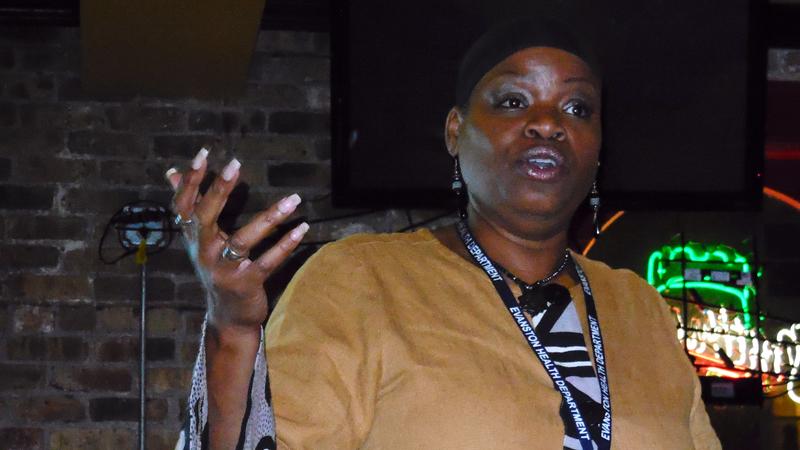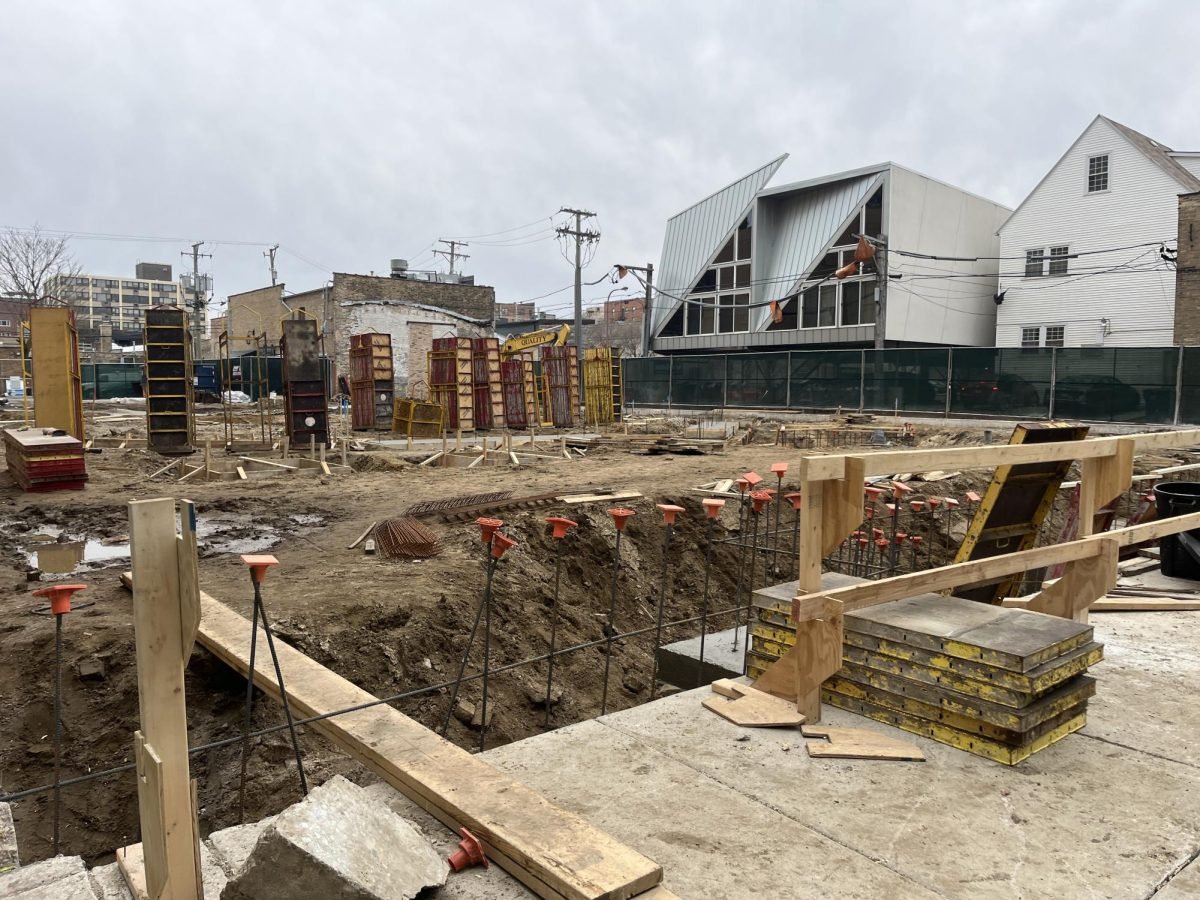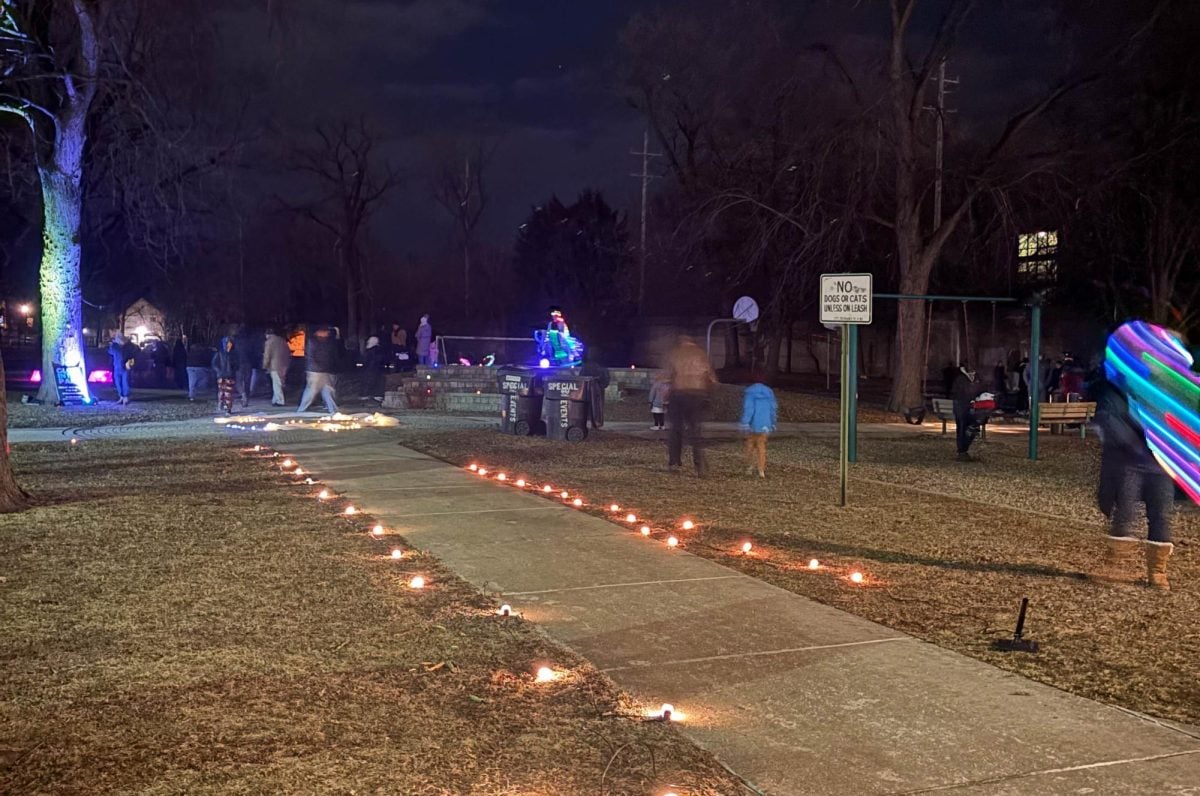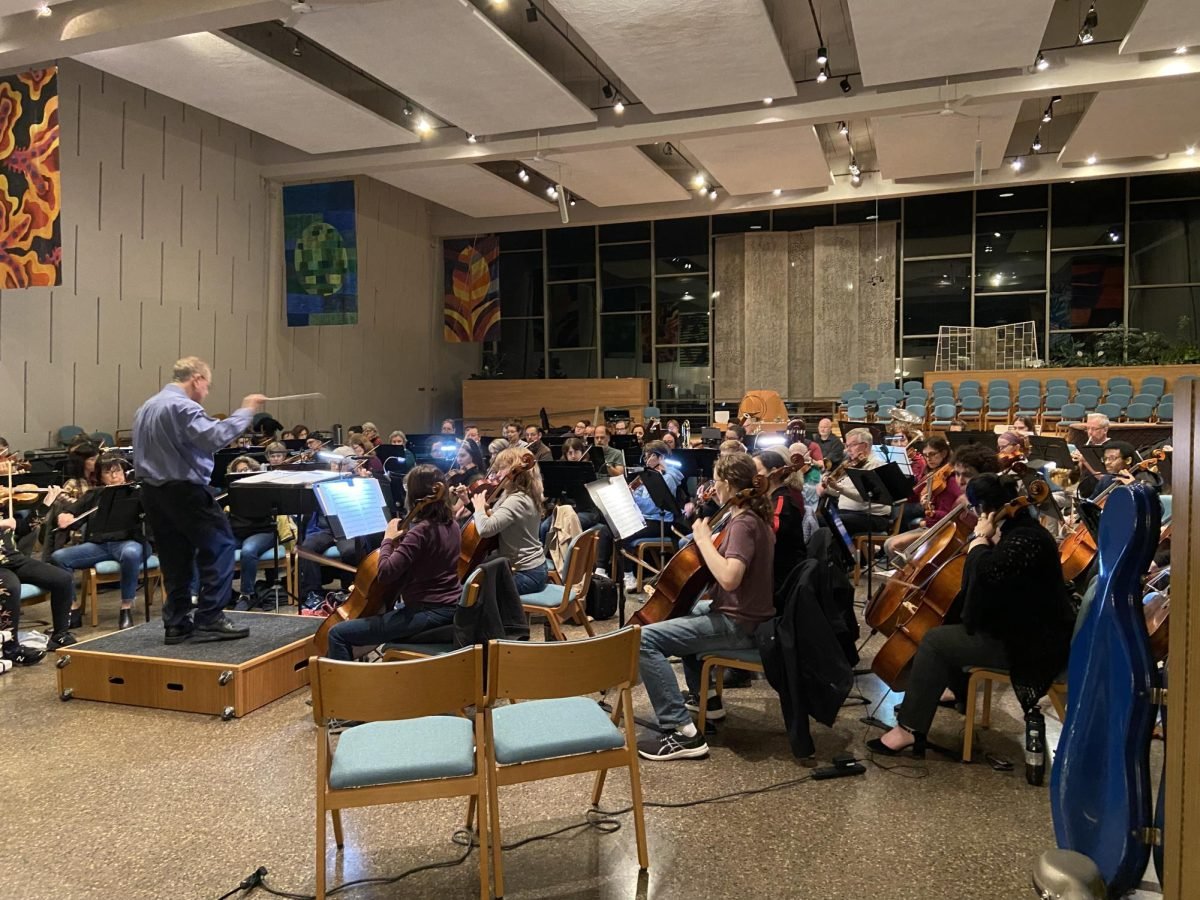A public health advocate Wednesday evening detailed the impact of climate change on Evanston, ranging from West Nile virus to heat waves.
Dr. Sarah Lovinger, a primary care physician and Evanston resident, was asked to give the talk at Firehouse Grill, where she said the purpose of the meeting was “to help people understand the links between climate change and health.”
About 40 people attended Citizens’ Greener Evanston’s Green Drinks discussion for October as part of a monthly series on environmental sustainability.
In her talk, Lovinger said that climate change impacts the Evanston and Chicago area in the form of West Nile virus. She said warmer weather and downpours led to the arrival of West Nile virus in the United States.
Evonda Thomas-Smith, Evanston’s health department director, spoke about how Evanston is prepared to respond to climate change.
“Because we’re expecting West Nile to come into Evanston, we educate you on how to protect yourself,” Thomas-Smith said, calling standing water a “breeding ground” for the virus.
She also said the number of deaths due to the virus in Evanston has increased over the past 10 years.
“Our winters are getting shorter, and our summers are getting longer,” Thomas-Smith said.
“I know it is an issue,” Wilmette resident Tom Wallace said after the event. “Just through public information, I’m very aware of the dos and don’ts.”
Wallace said he attended the meeting because he believes environmental sustainability is an important problem that the world faces. He said he was so concerned with this topic that he bought a Nissan Leaf, an electric car, about a year ago.
In addition to leading to increased cases of West Nile, climate change causes more heat waves, which Thomas-Smith defined as three consecutive days when the temperature is above 105 degrees.
Thomas-Smith urged the attendees to check on their neighbors in heat and cold emergencies. She also recommended putting an emergency plan in place.
The city has an emergency operations center, a secret location where medicine and bottled water is stored, and an emergency operations plan.
“We’re going to have more heat waves with climate change, but it is up to our public officials to respond to them,” Thomas-Smith said.
Wallace said he appreciated “the dialogue that took place between presenters and the audience.”
Email: jenniferball2015@u.northwestern.edu
Twitter: @jennifercball




















